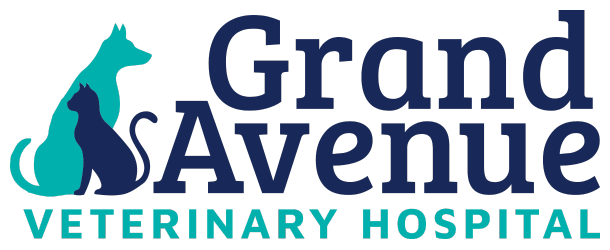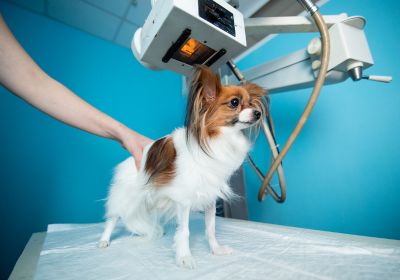Our Services
Pet Radiology
Pet radiology plays a pivotal role in the diagnostic process for our furry companions.
Pet Radiology in West Des Moines, IA
Understanding Pet Radiology
Benefits of Pet Radiology
When is Pet Radiology Necessary?
Injury or Trauma: In cases of injury or trauma, pet radiology is often necessary to evaluate the extent of damage to bones and soft tissues. Whether your pet has been involved in an accident or suffered a fall, timely radiographic imaging can guide treatment decisions and aid in rehabilitation.
Chronic Health Conditions: For pets with chronic health conditions such as arthritis or heart disease, regular radiographic screenings may be recommended to monitor disease progression and assess treatment effectiveness. This proactive approach allows us to adjust treatment plans as needed, ensuring optimal quality of life for your pet.
Pre-Surgical Evaluation: Before surgery, pet radiology may be performed to assess your pet’s overall health and identify any underlying issues that could impact the surgical outcome. This helps us minimize risks and ensure a smoother recovery process for your pet.



